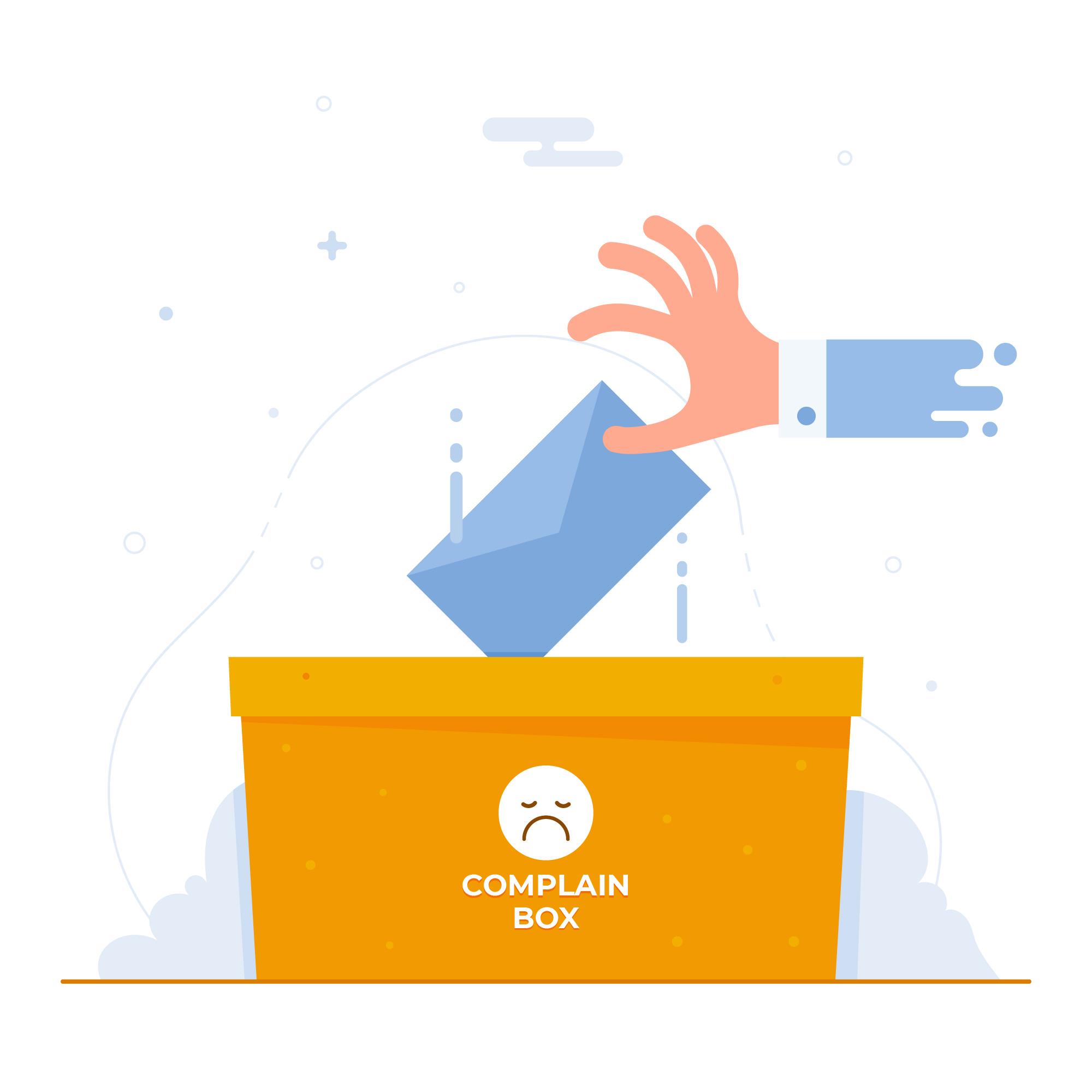Why is an HR Audit important!
Ever heard about the magic wand that keeps your organization in check, ensures compliance, and boosts overall efficiency? Enter the world of HR Audits—an essential tool in the arsenal of successful businesses. Let’s dive into the nitty-gritty of what makes an HR Audit so crucial.
What’s an HR Audit and Why Is It Important?
An HR audit is a comprehensive review of an organization’s HR policies, procedures, and practices to identify any potential risks or areas of non-compliance.
The beauty of HR Audits lies in their flexibility. They can be comprehensive, focusing on all aspects of HR, or specific, honing in on particular areas. The type of audit you need depends on your organization’s goals and the issues you want to address. It’s like choosing the right tool for the job.It is a valuable tool for organizations of all sizes, as it can help to:
- Identify and mitigate legal and regulatory risks.
- Improve HR efficiency and effectiveness.
- Enhance employee morale and engagement.
- Protect the organization’s reputation.
What Specific Areas Do HR Audits Examine?
HR Audits are like detectives, uncovering hidden insights to ensure everything is running smoothly. They typically examine:
- Compliance: Are your HR practices in line with local, state, and federal laws?
- Policies and Procedures: Are your HR policies up to date and consistently applied?
- Employee Relations: How’s the relationship between your organization and its workforce?
- Recruitment and Onboarding: Is your hiring process effective and inclusive?
- Compensation and Benefits: Are you offering competitive and fair compensation packages?
- Training and Development: How well are you nurturing your employees’ skills and growth?
Your HR Audit Checklist
Here is a checklist of questions to ask yourself when considering an HR audit:
- What are the organization’s key HR risks?
- What are the organization’s HR compliance requirements?
- When was the last time the organization conducted an HR audit?
- What resources does the organization have available for an HR audit?
The checklist should cover the following:
- Legal Compliance: Ensure your policies align with labor laws and regulations.
- Documentation Review: Examine employee files, contracts, and HR records for accuracy and completeness.
- Employee Handbook: Update and ensure consistency in policies across all departments.
- Performance Management: Assess the effectiveness of your performance appraisal processes.
- Diversity and Inclusion: Evaluate efforts to promote diversity and inclusivity within your organization.
- Compensation Analysis: Ensure your compensation packages are competitive and fair.
- Employee Engagement: Gauge the pulse of your workforce to identify areas for improvement.
- Training Programs: Review the effectiveness of your training and development initiatives.
Why Should You Conduct an HR Audit?
There are many reasons why you should conduct an HR audit. Here are just a few:
- To identify and mitigate legal and regulatory risks.
- To improve HR efficiency and effectiveness.
- To enhance employee morale and engagement.
- To protect the organization’s reputation.
- To ensure that the organization is compliant with its HR obligations.
However you also need to conduct an HR Audit to address the following issues:
- Risk Mitigation: Identify and address potential legal issues before they escalate.
- Efficiency Boost: Streamline HR processes for maximum efficiency and productivity.
- Improved Employee Relations: Foster a positive workplace culture by addressing employee concerns.
- Strategic Planning: Use audit insights to inform strategic HR decisions and future planning.
- Stay Ahead of Change: Keep your policies and practices up to date with ever-evolving employment laws.
In a nutshell, an HR Audit is your organization’s health check-up. It’s not about finding faults; it’s about ensuring your workplace is in top shape for sustained success. It can help to identify and mitigate legal and regulatory risks, improve HR efficiency and effectiveness, enhance employee morale and engagement, and protect the organization’s reputation.
Join DEIjobs for Inclusive Career Opportunities Today!
DEIjobs opens the door to a world of inclusive career possibilities. Connect with employers who value diversity, actively seeking candidates with disabilities, women, LGBTQ+ individuals, war veterans, and women on a career break. Seize the chance to propel your career forward – join DEIjobs now!




